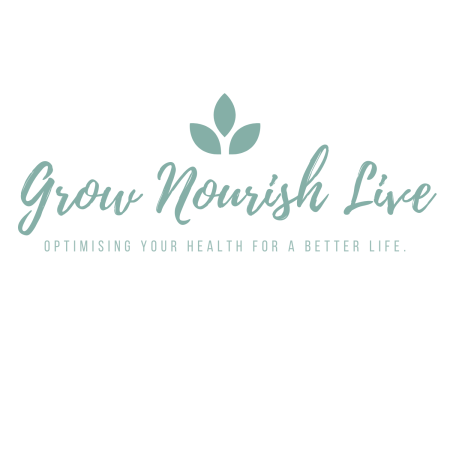Do you constantly feel tired and fatigued, even though you are getting enough sleep?
Do you constantly lose focus and feel like you can’t concentrate as long as you used to?
Or when you’ve had a period of focused time, you feel like you just want to have a nap afterwards?
Do you wish you could just stick to your 2021 goals but have already fallen off the wagon because you just can’t get motivated?
Do you feel like you have episodes of depression and anxiety, even though you’re generally a happy and positive person?
These are sure signs of an inflamed brain.
If any, or all, of these symptoms describe you, you need to start paying attention to your brain health, in particular, as well as your gut health because the two are so intimately connected through your vagual pathways, which runs from your brain stem right to your intestines, and create a bi-directional feedback loop.
How gut inflammation creates brain inflammation creates lack of motivation.
There is now a growing body of evidence showing that people who suffer from an inflamed gut (including conditions like IBS, inflammatory bowel disease, ulcerative colitis, Crohn’s disease, SIBO, dysbiosis, candida) also tend to have problems with brain inflammation, shown by the ‘white matter hyperintensities’ in their brain on MRI scans (i.e. scars in their brain), compared with people who don’t have gut inflammation.
This produces an inflammatory cascade through the vagus nerve, which connects the gut to the brain, where inflammatory chemicals released in the gut travel up the vagus nerve and turn on the microglia cells in the brain (the brain’s immune cells). This produces an inflammatory response in the brain, which disrupts neurotransmitters which then impact mood.
But it also causes inflammation which just impacts normal neuron signalling (making you feel like you have brain fog, as well as slow or varying mental speeds). And as this inflammation goes on, the energy powerhouses in the cells (mitochondria) start to shut down and the brain loses endurance. The result, you can’t drive as long as you used to, you can’t concentrate as long as you used to, you can’t finish the chapter of that book, you feel like you need to take a nap after doing a few hours (or worse a few minutes) of mental work.
These are all signs that the energy production pathways in the brain are shut down. This is very common when there is an inflammatory response in the brain.
As a health coach, it’s common to see people who would like help implementing new lifestyle strategies or begin changing their diet for better health outcomes. But when I see someone who tells me they really want to improve but fail at implementation, then that in itself tells me that I need to change my approach to start bringing down that person brain inflammation first, before we can really get to making other changes in their life.
I always feel for people like that because they have labelled themselves unmotivated when really it’s just that their brain’s dopaminergic receptors aren’t functioning and need support.
These are not personality issues they are physiological!! But the big problem is, if you’re on your own with this, making any sort of changes, even to improve your brain health will be extremely difficult if you have an inflamed brain.
You need to have someone fighting your corner. This is why working with a health coach who knows how to support your brain and gut health is so important in such cases and will avoid prolonged suffering. With the right help, things can turn around quickly.
So if this is you, why not book a consultation today. I would be happy to help you restore your health to a place of wholeness and happiness.

/Instagram_For_Post_Luxury_3_(8)_mediumthumb.png)